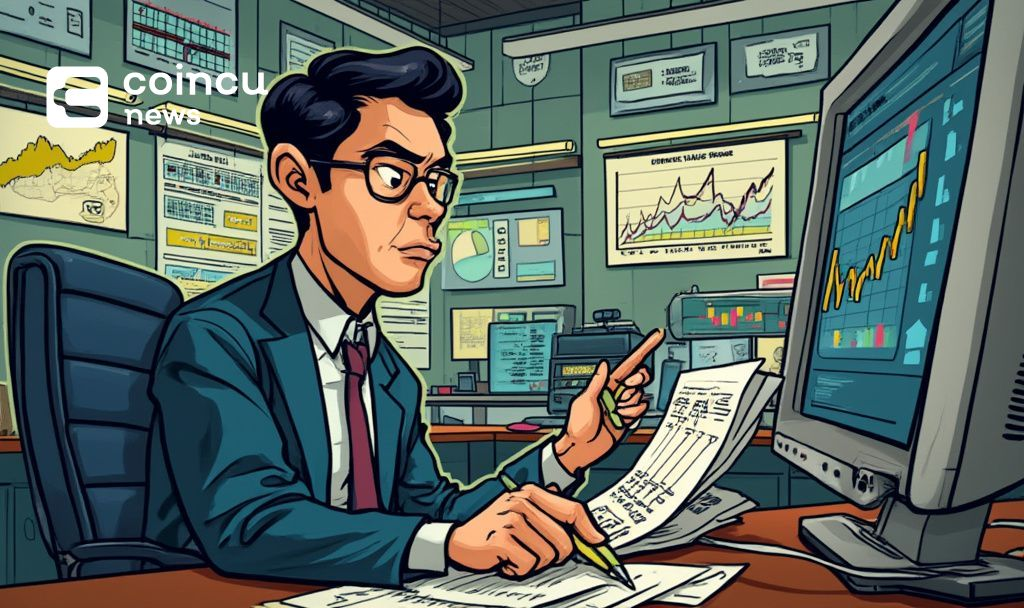- Citigroup outlines scenarios for April 2nd U.S. tariff announcement.
- Potential for severe market impact with industry-specific tariffs.
- S&P 500 warned of further decline after worst start since 2020.

Citigroup has outlined potential scenarios regarding the U.S. tariffs to be announced on April 2nd, according to BlockBeats News, with implications for global markets. The report highlights three scenarios that could impact trader and investor decisions worldwide.
The analysis highlights how changes in tariff policies may shift market dynamics significantly, impacting key indicators like the U.S. Dollar Index, which may rise sharply under certain scenarios.
Citigroup’s Three-Tier Tariff Scenarios Explained
The key development revolves around Citigroup’s analysis of U.S. tariffs set to be announced on April 2nd. Their report categorizes three main scenarios: reciprocal tariffs only, reciprocal tariffs with VAT, and adding industry-specific tariffs. Each has different market implications, from limited reactions to more severe economic impacts.
With the introduction of reciprocal tariffs plus VAT, the report suggests a possible rise of 50-100 basis points in the U.S. Dollar Index and a decline in global stock markets. Industry-specific tariffs could worsen these impacts, posing further risks. Analysts express concerns about the potential for sustained economic slowdown.
Robert Sockin, Economist at Citigroup, mentioned, “We know from Trump’s first term that he cares a lot about the performance of the economy and the performance of the stock market. And it seems that under fairly large tariff scenarios, the economy is challenged and the stock market is challenged.”
In response to these projections, industry analysts and economists emphasize the importance of timing and scope of these tariffs. This aligns with previously observed rapid market corrections.
Historical Precedents and Long-Term Economic Ramifications
Did you know?
The S&P 500’s worst start to a year since 2020 lays the backdrop for these tariff discussions, highlighting increased market sensitivity to external factors.
The historical precedents of tariff strategies indicate prolonged economic impacts, with repercussions on GDP and inflation rates. Historical trends suggest ongoing tariff challenges could push the U.S. GDP down by over 1% over several quarters, echoing past recessions spurred by similar policy shifts.
Citigroup’s projections outline that any increase in tariffs might not only influence immediate market movements but could have long-term economic ramifications. Analysts warn of accelerated inflation and economic constraints, urging close monitoring of policy updates and economic indicators for potential adjustments.
Source: https://coincu.com/329428-citi-us-tariff-market-impact/